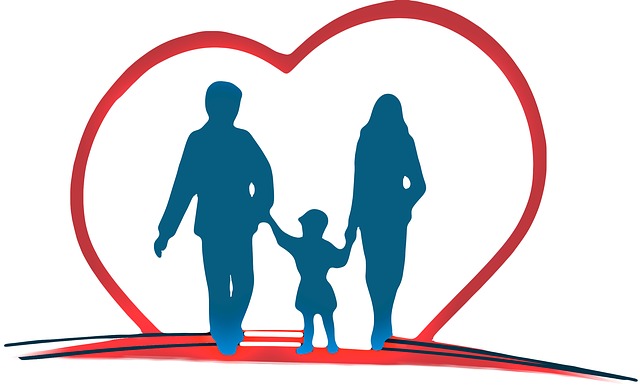
Read This Before You Buy Bogus Health Insurance
When I found myself without health insurance I looked on the Internet for options. What I discovered was enough to make me sick. There are countless Google ads and web pages designed to attract the attention of millions of Americans that have no health insurance. The language used is clever. Easy, fast enrollment and low cost are emphasized. They feel your pain. They want to help. Moreover, you can also ask your auto insurance provider for health insurance as well. Auto Insurance Specialists provides health insurance along with auto insurance that will make it more convenient for you.

Here is what I discovered. If you will out any type of expression of interest, the form will seek your phone number. Pretty soon you will get a call. Their empathy with your plight is maxed out. Details are sparse. Even the word insurance is a scam because many of these phony companies offer discounts on medical services if you use providers in some network. If you ask them to send you details in writing by either email or regular mail, they will explain that first, you must enroll with them. They expect you to pay upfront before you even get to see any policy details whatsoever. Clearly, their strategy is aimed at desperate people, starving for health insurance. No sensible person should pay $100 or $200 before having the opportunity to carefully read all the details of any product pretending to offer health insurance. But desperate people all too often do dumb things.
In a few cases, I was able to find some details on the Internet. Having the patience to read everything, the so-called fine print, often buried in footnotes, is absolutely essential. You are likely to discover that you will be required to pay for all medical services, their full costs upfront, unlike real health insurance that requires only a co-payment from you and the rest paid by the insurance provider directly to the physician, hospital or laboratory. The phony Internet company only says that afterward, you will get some reimbursement.
Another variation is that the phony company promises significant discounts if you use a provider in some network. But do their networks include quality physicians? In one case I was able with some effort to find the actual list of physicians in my state. Trust me; the network did not include anything close to a large number of kosher physicians. Nearly all of them had very foreign names. The absence of ordinary but diverse American names raised a big red flag. Similarly, claims of coverage for prescriptions are likely to be phony.
In another variation, I discovered that the alleged insurance did not cover any costs from physicians or hospitals, only guidance, information and accident and life insurance of dubious quality.
Often, the monthly premiums these crooked companies offer should immediately tell you that they are selling useless coverage. For example, saying that for $100 or even $200 a month you can get medical, dental, prescription and hospital coverage. Just isn’t realistic.
Here is another alarming thing I experienced. There appears to be some type of network of scam health insurance operators out there. Your phone number will get passed around. So you soon start getting calls from companies that you did not reply to on the Internet. After I realized how terrible all these companies are I started to quickly say something like this pretty quickly: “Is this another health insurance scam where you expect me to pay you money before I even get to read any details of the policy you are offering?” Guess what. The call is abruptly ended by the caller. This happened repeatedly.

Let me note that in 2004 it was reported that Federal investigators had found a sharp increase in the number of bogus and unlicensed health insurance companies in recent years, leaving at least 200,000 policyholders stuck with potentially worthless health coverage. The General Accounting Office (GAO) found that every state had been affected. It had identified more than 144 companies selling health coverage they are not licensed to sell. And according to research done at Georgetown University, four of the biggest unauthorized insurers have left at least 100,000 victims with $85 million in unpaid medical bills.
Legitimate health insurance at a reasonable cost may, indeed, be impossible to get for millions of Americans. But clearly government agencies and industry groups have done nothing to prevent legitimate-sounding but phony entities on the Internet from taking advantage of desperate and gullible people. They use a variety of dishonest, misleading and crooked scams to get victims’ money and raise false hopes of having coverage for health care costs. It’s all enough to make you sick.




